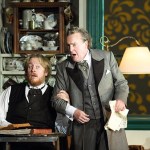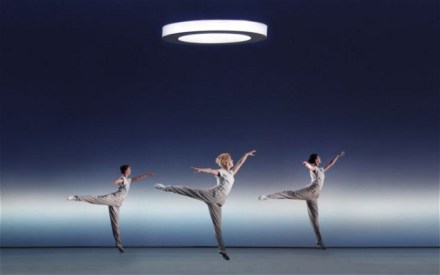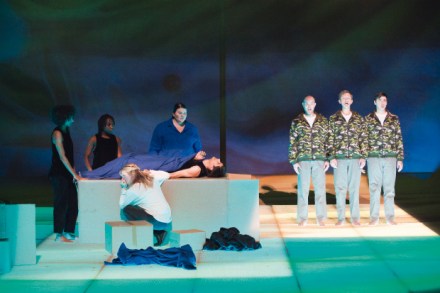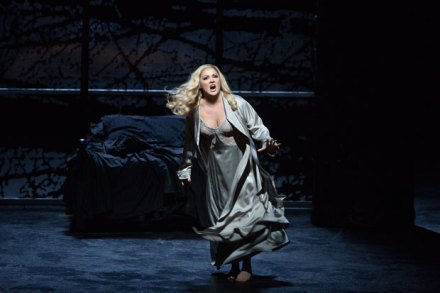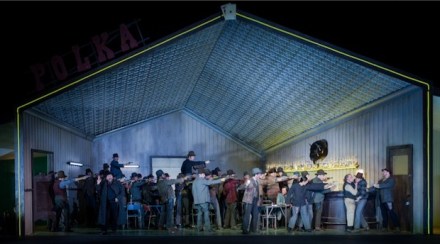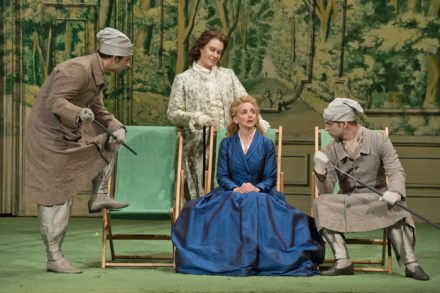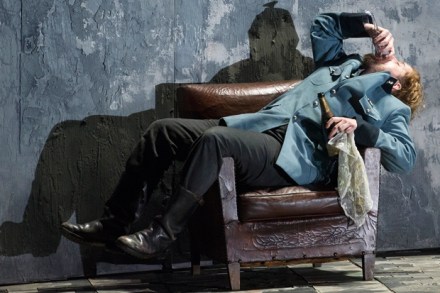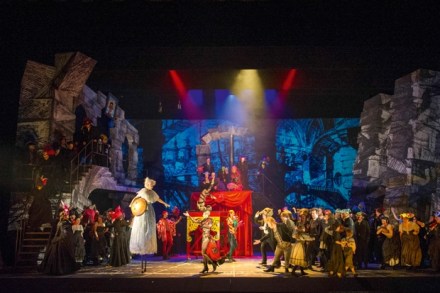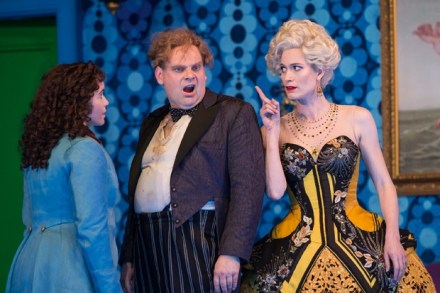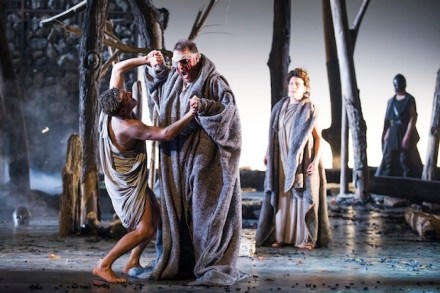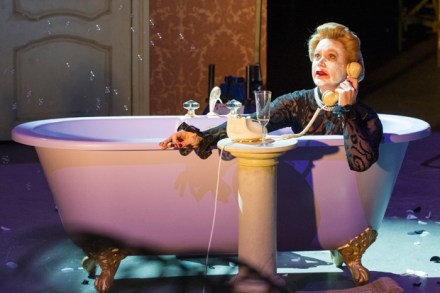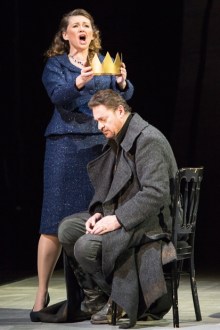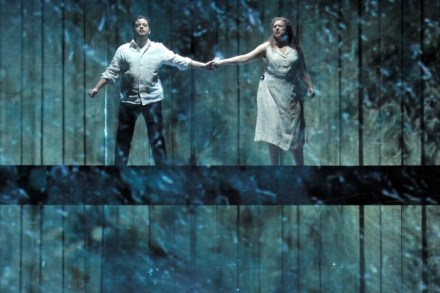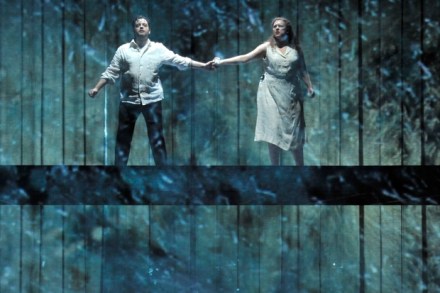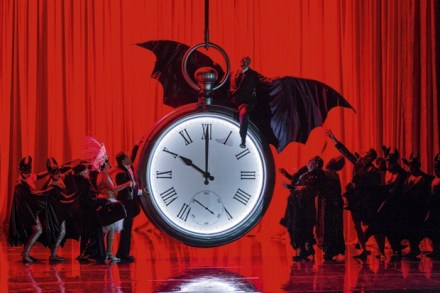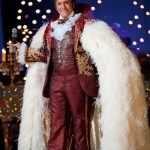Spectator letters: The ENO must go on; another expensive typo; and PC and Pamela
A vandalistic proposal Sir: Igor Toronyi-Lalic (Farewell, ENO, 7 February) displays a lack of judgment in advocating ENO’s demise and in suggesting that opera needs no opera houses, companies or subsidy. That its new arts editor should plead for the closure of England’s great repertory opera company is unworthy of The Spectator. Toronyi-Lalic is wrong to think that the hundreds of thousands of English opera-goers will be content with performances by itinerant ensembles only. Small-scale performances presented anywhere can be moving, but the public demand productions of a scale that befits the art form as it has grown over the last four centuries. An orchestrated ‘farewell’ to ENO would be


